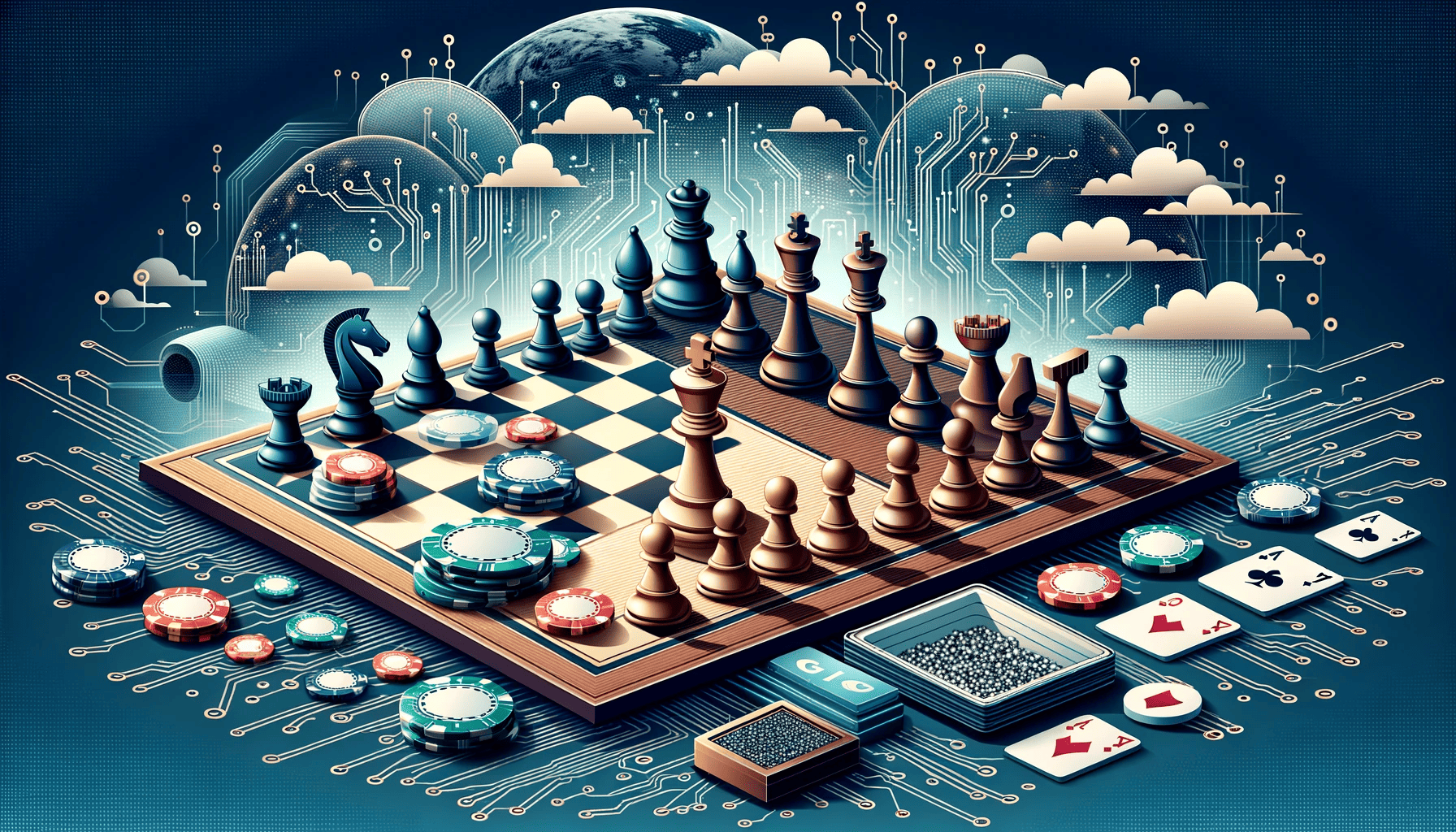AI can beat us at many games and it’s not even news anymore. But usually, each AI can beat us at one game or a similar set of games. That’s about to change. Now, researchers have created an engine that can deal with numerous types of games, both with complete and incomplete information — and probably destroy you in both.

AI gaming
Games have always been a significant benchmark for the advancement of artificial intelligence. There’s little inherent benefit to having an AI beating us at these games, but it’s a way of showing it works.
Typically, when AI masters a game, it specializes in that single game. Then, it uses specific strategies tailored to the game’s unique structure. AI also does better at games like chess and Go, which are perfect information games where all players have access to the complete game state. In imperfect information games, where some information is hidden from players (like in poker), AI has a more challenging time and needs to develop different strategies.
It gets even more challenging if you want to get good at both. You can’t just incorporate different strategies, you have to come up with a unified way that adapts to different types of games. If you want an AI to be good at chess and poker, you need a more complex approach. This is where Student of Games (SoG) comes in.
Perfect and imperfect information
SoG learns optimal strategies by playing numerous games against itself or other opponents. It then adapts its approach based on the nature of the game, whether it’s a perfect or imperfect information game. In testing, SoG has shown impressive results in a range of games.
“Student of Games reaches strong performance in chess and Go, beats the strongest openly available agent in heads-up no-limit Texas hold’em poker, and defeats the state-of-the-art agent in Scotland Yard, an imperfect information game that illustrates the value of guided
search, learning, and game-theoretic reasoning,” write the study authors in the published research.
SoG integrates several components to create a versatile and powerful AI algorithm:
- Guided Search: Adapting to the game’s structure to explore future possibilities.
- Self-play Learning: Where the AI plays against itself to learn from its actions.
- Game-theoretic Reasoning: Especially crucial in imperfect information games to handle hidden information effectively.
The development of SoG is a significant leap in AI research, as it marks the first time an algorithm has been equally adept at both perfect and imperfect information games. This versatility paves the way for more generalized AI applications beyond the realm of gaming.
Why this matters

The idea isn’t to build an AI that’s good at games. The idea is to use games to build an AI that’s good at multiple things. This is why SoG is so promising.
The implications of SoG extend to various fields where decision-making under uncertainty is critical. The principles and methods used in SoG can be applied to real-world scenarios involving complex decision-making, such as financial trading, cybersecurity, and strategic planning in various fields.
This is also an important step towards a more generalized AI. Historically, AIs have been good at one thing and one thing only. Being effective at doing at multiple things (and things that are different in nature) is an important stepping stone.
Of course, strong limitations also exist. For starters, the algorithm is not quite as good as dedicated algorithms. It’s a jack of all trades, in a sense. The algorithm is also computationally intensive, requiring significant processing power and data for training and operation. The more you scale it, the more computationally intensive it gets. Reducing this load is still an ongoing challenge.
Even with these limitations, the development of the Student of Games algorithm marks an era where the boundaries between different types of strategic thinking are blurred. More robust, adaptable, and intelligent systems don’t seem that far off anymore.
The study was published in Science.






